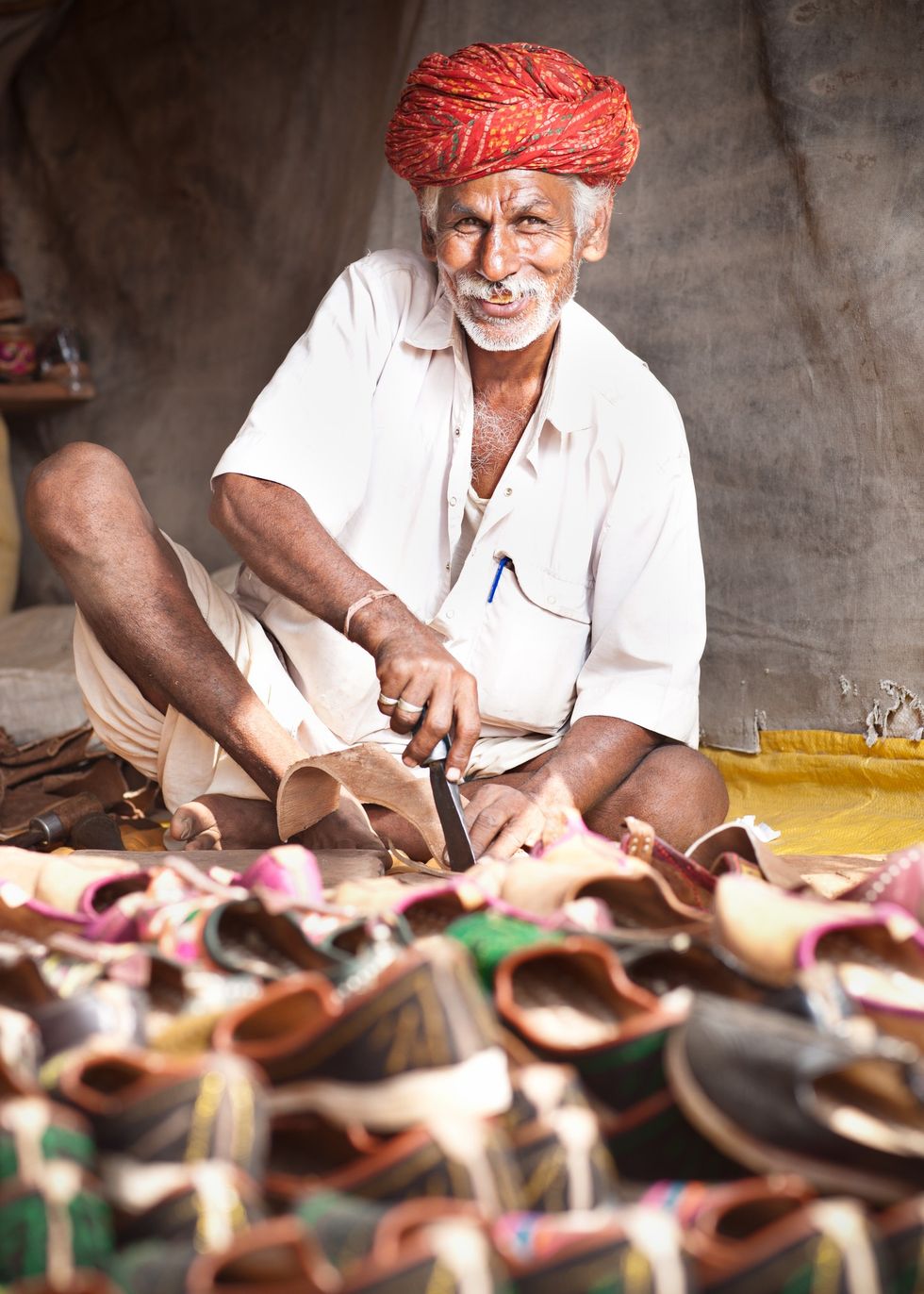Afghanistan secured a place in the Super Eight phase of the 2024 T20 World Cup with a seven-wicket win over Papua New Guinea on Thursday, eliminating New Zealand from the tournament.
Fazalhaq Farooqi took three wickets, bringing his tally to a tournament-leading 12, as Papua New Guinea were bowled out for 95 in 19.5 overs in the Group C match at the Brian Lara Stadium in Trinidad.
Afghanistan's chase began poorly, with both openers dismissed cheaply for the first time in the tournament. However, they reached the target with three wickets down in the 16th over, securing their third consecutive win.
Gulbadin Naib, who was dropped on nine by wicketkeeper Kiplin Doriga, led the chase with an unbeaten 49. He shared an unbroken fourth-wicket partnership of 46 with Mohammad Nabi, who remained not out on 16, guiding Afghanistan to 101-3 off 15.1 overs.
This victory guarantees Afghanistan's progression to the next round, alongside hosts West Indies, while New Zealand, despite having two group matches remaining, are eliminated.
Farooqi's left-arm seam bowling spearheaded another strong Afghan bowling performance. PNG captain Assad Vala's run out in the second over triggered a collapse, with two more run outs and Farooqi's three wickets reducing PNG to 95 all out.
"I just keep it simple and stay with my strengths," said Farooqi, who was named 'Man of the Match.' "If conditions are helpful for me, I'm going for wickets. We just want to keep on giving 100 percent in every match we play."
Farooqi now leads the tournament's wicket-takers, ahead of South African pacer Anrich Nortje, West Indies fast bowler Alzarri Joseph, and Australian leg-spinner Adam Zampa.
Despite their early struggles, PNG showed resilience with Doriga top-scoring with 27 and Alei Nao contributing 13 in a 38-run eighth-wicket stand before Farooqi broke the partnership.
"They are a really good bowling unit and to give them four easy wickets (run outs), especially mine, which was a bit lazy, didn't help," said Vala. "I'm really happy though with the way our bowlers have been going. Even though we haven't put enough runs on the board to help them, the execution of their skills and their planning has been outstanding."
Afghanistan captain Rashid Khan praised his team's adaptability.
"Our players have understood their roles in the team and, more importantly, have been able to adjust quickly to the conditions," he said, also commending Farooqi's performance.
"His way of attacking (the batsman) with each and every ball allows us to have a strong base as a bowling unit. In T20 cricket, I think it’s better the more you attack as a bowling unit if the conditions are in your favour."
(AFP)

















 Kareena Kapoor’s Instagram story adds to outrage over copied Indian footwearGetty Images
Kareena Kapoor’s Instagram story adds to outrage over copied Indian footwearGetty Images  Kareena Kapoor flaunts her Kolhapuri chappals in a vacation photoInstagram screengrab/
Kareena Kapoor flaunts her Kolhapuri chappals in a vacation photoInstagram screengrab/  Kolhapuri chappals have been crafted for centuries and received GI tag in 2019 iStock
Kolhapuri chappals have been crafted for centuries and received GI tag in 2019 iStock 


 Andrew Garfield and Monica Barbaro arrive hand in hand at Wimbledon in all whiteInstagram/
Andrew Garfield and Monica Barbaro arrive hand in hand at Wimbledon in all whiteInstagram/ The Hollywood pair appear relaxed and close at Wimbledon 2025Instagram/
The Hollywood pair appear relaxed and close at Wimbledon 2025Instagram/